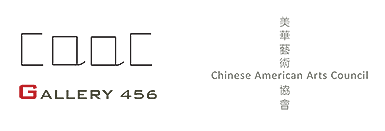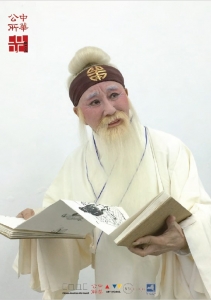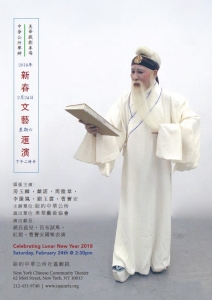Performed by: |
Venue: New York Chinatown Community Center Theater |
General Admission
On February 24 2018, celebrating Lunar New Year of the Dog, Chinese American Arts Council will present a celebratory program of an Afternoon of Chinese Theater at the New York Chinatown Community Center Theater at CCBA.
Programs include:
The Orphan of Zhao
Lu Bu
The Story of the Western Wing
Chinese Instrumental Music Performance
Leading Roles:
Fang Yulin, Dai Nuo, Zhou Longchang, Li Qingfeng, Cao Baoan
The program to be performed includes three renowned and popular opera plays, each has its own unique story line, music, vocal performance, mime, dance, and acrobatics.
The Orphan of Zhao is a play from the Yuan era, attributed to the 13th-century dramatist Ji Junxiang (紀君祥). The play has as its full name The Great Revenge of the Orphan of Zhao (趙氏孤兒大報仇). The play is classified in the Zaju genre of dramas. It revolves around the central theme of revenge.
Lu Bu is a famous military general and warlord who lived during the late Eastern Han dynasty of Imperial China. The story of this play is about him taming a horse which later accompanied him throughout the battle fields. In this particular scene/play, the protagonist demonstrates his excellent martial art and sword skill.
The Story of the Western Wing, also translated as Romance of the Western Chamber, is one of the most famous Chinese dramatic works. It was written by the Yuan dynasty playwright Wang Shifu (王實甫), and set during the Tang dynasty. Known as "China's most popular love comedy", it is the story of a young couple consummating their love without parental approval, and has been seen both as a "lover's bible" and "potentially lethal," as readers were in danger of pining away under its influence.
Peking Opera is one of the representatives of Chinese traditional theaters, originated from the Qing Dynasty period. The opera was originally produced as an entertainment for nobles of the imperial court. Gradually, for its rich history of memorable performances and interesting repertoire, it was spread to the general public and became a popular theatrical act. Over the last several hundred years, some traditional theatrical elements had been preserved through Peking Opera, whether it’s the colors and lines to create various patterns to symbolize the character with the masks, or the role of the simple hand props that turn into the images of horse carts and horses. Undeniably, some Chinese culture lived through the history via the long history of Peking Opera. In 2010, UNESCO promoted the inclusion of the Peking Opera as part of the “Intangible Cultural Heritage” list.
Social Media & External Links |
| Coverage | |
| • | 【World Journal/世界日報】美華藝協新春匯演 24日華埠登場 |
| • | 【SinoVision/美國中文電視】“美華藝術協會2018新春文藝匯演”2/24舉辦 多位京劇名伶獻演三場經典劇目 |
| • | 【China Press/僑報】美华艺术协会新春献演3京剧经典 |
| • | 【SingTao/星島日報】中華公所 2/24新春文藝匯演 |


